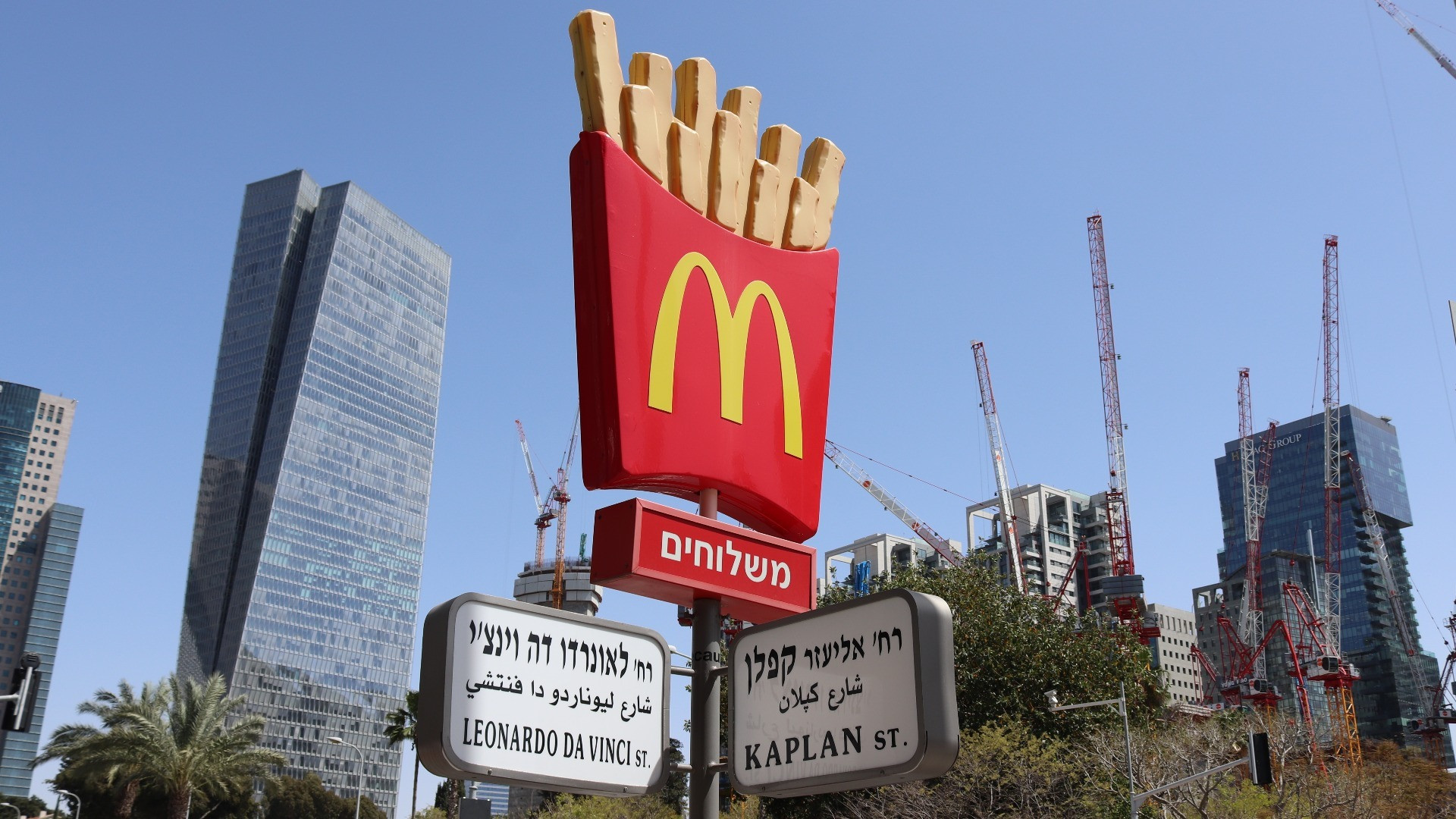
Feb 5th, 2024 – In a recent turn of events, global fast-food giants McDonald’s and Starbucks have faced a notable setback in their sales directly attributed to the ongoing Israel-Hamas conflict; both companies reported a dip in their stock values, reflecting the economic repercussions of said geopolitical tensions.
McDonald’s, witnessing a nearly 4% drop in its stock on Monday, pointed to a sales slowdown in the Middle East during the fourth quarter of the previous year. This decline was particularly pronounced in Israel, where the fast-food giant’s Israeli licensee offered discounts to soldiers, triggering customer boycotts from those opposed to the Gaza offensive. While the Middle East represents around 2% of McDonald’s global sales, the impact has been significant enough to prompt concerns about the recovery of sales in the region, contingent on the resolution of the conflict itself.
Starbucks, another major player in the food and beverage industry, reported a roughly 2% decrease in its stock since Tuesday. The coffee giant disclosed that the Israel-Hamas conflict had adversely affected its U.S. sales in the final quarter of 2023. In fact, Starbucks CEO Laxman Narasimhan acknowledged struggles in Middle East sales and revealed that the company’s U.S. cafes experienced a downturn due to boycotts, particularly from conservative groups, triggered by a supportive tweet from the union Starbucks Workers United.
These developments make McDonald’s and Starbucks some of the largest U.S. companies to openly state the negative impact of the Middle East conflict on their financial performance. The uncertain duration of the conflict and potential for continued boycotts pose challenges for both companies and raise questions about the wider repercussions on the restaurant industry.
Activists have extended calls for boycotts to include other major chains, such as Domino’s Pizza, Papa John’s, Burger King (Restaurant Brands International), and Pizza Hut (Yum Brands). As the industry grapples with the aftermath of the Israel-Hamas conflict, the forthcoming financial reports from Yum Brands and Restaurant Brands will be closely watched for further insights into the potential widespread impact on sales and consumer behavior. The fast-food landscape remains in flux, navigating the delicate balance between geopolitics and consumer sentiment.
Author: Ilaria Savignoni
